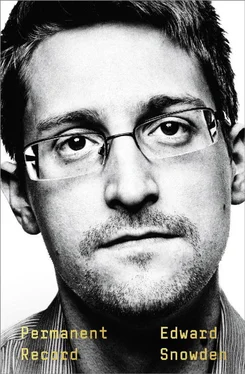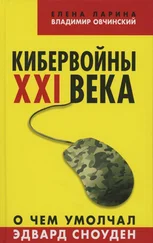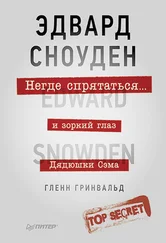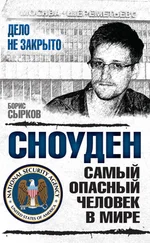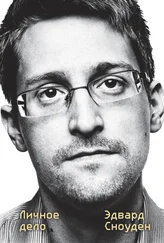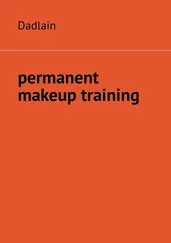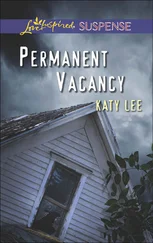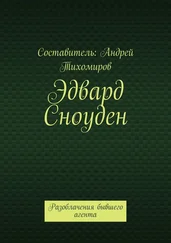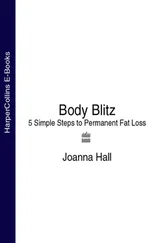The word “privacy” itself is somewhat empty, because it is essentially indefinable, or over-definable. Each of us has our own idea of what it is. “Privacy” means something to everyone. There is no one to whom it means nothing.
It’s because of this lack of common definition that citizens of pluralistic, technologically sophisticated democracies feel that they have to justify their desire for privacy and frame it as a right. But citizens of democracies don’t have to justify that desire—the state, instead, must justify its violation. To refuse to claim your privacy is actually to cede it, either to a state trespassing its constitutional restraints or to a “private” business.
There is, simply, no way to ignore privacy. Because a citizenry’s freedoms are interdependent, to surrender your own privacy is really to surrender everyone’s. You might choose to give it up out of convenience, or under the popular pretext that privacy is only required by those who have something to hide. But saying that you don’t need or want privacy because you have nothing to hide is to assume that no one should have, or could have, to hide anything—including their immigration status, unemployment history, financial history, and health records. You’re assuming that no one, including yourself, might object to revealing to anyone information about their religious beliefs, political affiliations, and sexual activities, as casually as some choose to reveal their movie and music tastes and reading preferences.
Ultimately, saying that you don’t care about privacy because you have nothing to hide is no different from saying you don’t care about freedom of speech because you have nothing to say. Or that you don’t care about freedom of the press because you don’t like to read. Or that you don’t care about freedom of religion because you don’t believe in God. Or that you don’t care about the freedom to peaceably assemble because you’re a lazy, antisocial agoraphobe. Just because this or that freedom might not have meaning to you today doesn’t mean that it doesn’t or won’t have meaning tomorrow, to you, or to your neighbor—or to the crowds of principled dissidents I was following on my phone who were protesting halfway across the planet, hoping to gain just a fraction of the freedoms that my country was busily dismantling.
I wanted to help, but I didn’t know how. I’d had enough of feeling helpless, of being just an asshole in flannel lying around on a shabby couch eating Cool Ranch Doritos and drinking Diet Coke while the world went up in flames.
The young people of the Middle East were agitating for higher wages, lower prices, and better pensions, but I couldn’t give them any of that, and no one could give them a better shot at self-governance than the one they were taking themselves. They were, however, also agitating for a freer Internet. They were decrying Iran’s Ayatollah Khamenei, who had been increasingly censoring and blocking threatening Web content, tracking and hacking traffic to offending platforms and services, and shutting down certain foreign ISPs entirely. They were protesting Egypt’s president, Hosni Mubarak, who’d cut off Internet access for his whole country—which had merely succeeded in making every young person in the country even more furious and bored, luring them out into the streets.
Ever since I’d been introduced to the Tor Project in Geneva, I’d used its browser and run my own Tor server, wanting to do my professional work from home and my personal Web browsing unmonitored. Now, I shook off my despair, propelled myself off the couch, and staggered over to my home office to set up a bridge relay that would bypass the Iranian Internet blockades. I then distributed its encrypted configuration identity to the Tor core developers.
This was the least I could do. If there was just the slightest chance that even one young kid from Iran who hadn’t been able to get online could now bypass the imposed filters and restrictions and connect to me—connect through me—protected by the Tor system and my server’s anonymity, then it was certainly worth my minimal effort.
I imagined this person reading their email, or checking their social media accounts to make sure that their friends and family had not been arrested. I had no way of knowing whether this was what they did, or whether anyone at all linked to my server from Iran. And that was the point: the aid I offered was private.
The guy who started the Arab Spring was almost exactly my age. He was a produce peddler in Tunisia, selling fruits and vegetables out of a cart. In protest against repeated harassment and extortion by the authorities, he stood in the square and set fire to his life, dying a martyr. If burning himself to death was the last free act he could manage in defiance of an illegitimate regime, I could certainly get up off the couch and press a few buttons.
Imagine you’re entering a tunnel. Imagine the perspective: as you look down the length that stretches ahead of you, notice how the walls seem to narrow to the tiny dot of light at the other end. The light at the end of the tunnel is a symbol of hope, and it’s also what people say they see in near-death experiences. They have to go to it, they say. They’re drawn to it. But then where else is there to go in a tunnel, except through it? Hasn’t everything led up to this point?
My tunnel was the Tunnel: an enormous Pearl Harbor–era airplane factory turned NSA facility located under a pineapple field in Kunia, on the island of Oahu, Hawaii. The facility was built out of reinforced concrete, its eponymous tunnel a kilometer-long tube in the side of a hill opening up into three cavernous floors of server vaults and offices. At the time the Tunnel was built, the hill was covered over with huge amounts of sand, soil, desiccated pineapple plant leaves, and patches of sun-parched grass to camouflage it from Japanese bombers. Sixty years later it resembled the vast burial mound of a lost civilization, or some gigantic arid pile that a weird god had heaped up in the middle of a god-size sandbox. Its official name was the Kunia Regional Security Operations Center.
I went to work there, still on a Dell contract, but now for the NSA again, early in 2012. One day that summer—actually, it was my birthday—as I passed through the security checks and proceeded down the tunnel, it struck me: this, in front of me, was my future.
I’m not saying that I made any decisions at that instant. The most important decisions in life are never made that way. They’re made subconsciously and only express themselves consciously once fully formed—once you’re finally strong enough to admit to yourself that this is what your conscience has already chosen for you, this is the course that your beliefs have decreed. That was my twenty-ninth birthday present to myself: the awareness that I had entered a tunnel that would narrow my life down toward a single, still-indistinct act.
Just as Hawaii has always been an important waystation—historically, the US military treated the island chain as little more than a mid-Pacific refueling depot for boats and planes—it had also become an important switchpoint for American communications. These include the intelligence that flowed between the contiguous forty-eight states and my former place of employment, Japan, as well as other sites in Asia.
The job I’d taken was a significant step down the career ladder, with duties I could at this point perform in my sleep. It was supposed to mean less stress, a lighter burden. I was the sole employee of the aptly named Office of Information Sharing, where I worked as a SharePoint systems administrator. SharePoint is a Microsoft product, a dopey poky program, or rather a grab-bag of programs, focused on internal document management: who can read what, who can edit what, who can send and receive what, and so on. By making me Hawaii’s SharePoint systems administrator, the NSA had made me the manager of document management. I was, in effect, the reader in chief at one of the agency’s most significant facilities. As was my typical practice in any new technical position, I spent the earliest days automating my tasks—meaning writing scripts to do my work for me—so as to free up my time for something more interesting.
Читать дальше
